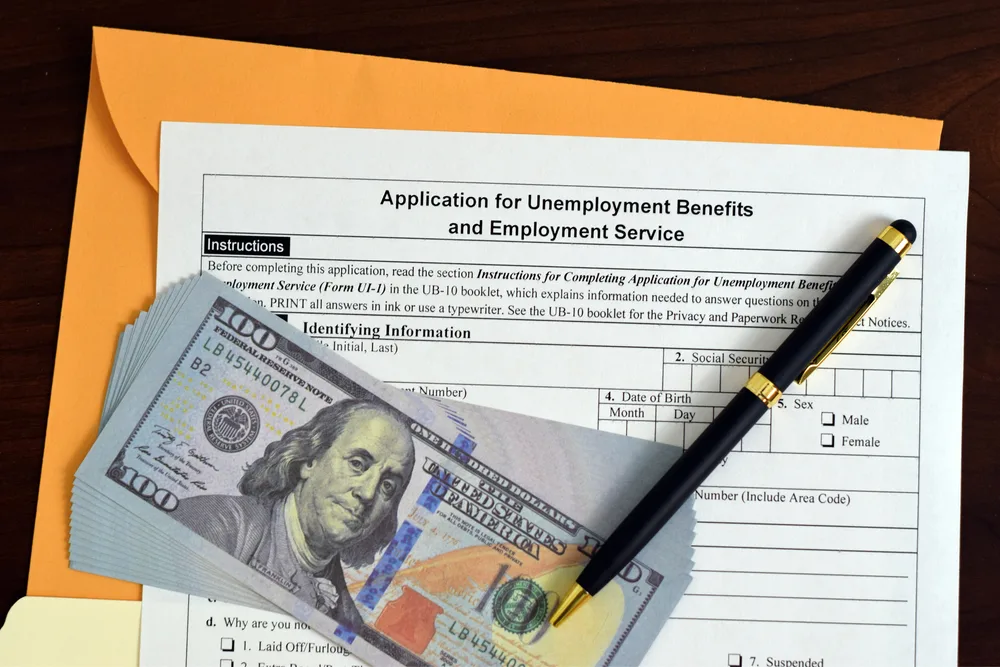
An insurance policy is a financial protection product that can help you manage unexpected and costly financial burdens. Whether you’re dealing with an expensive medical bill, a major car repair, or a sudden job loss, insurance can help you cover the costs.
Through a variety of coverage options, insurance can provide you with the financial flexibility you need to get back on track. In this guide, you’ll learn more about what insurance is, how it works, and how you can use it to your advantage.
So, if you’re looking for a way to protect yourself financially and manage unexpected costs, read on to learn more about insurance.
What is insurance?
Insurance covers some or all of the costs of pre-negotiated, predetermined expenses. When selecting an insurance policy, you generally choose the types of expenses that are covered.
The types of expenses that are covered may include:
- Medical
- Dental
- Automotive
- Life
- Home repairs
- Liabilities
- Legal fees
- Childcare
For example, a family might choose to purchase a medical insurance policy that would cover their out-of-pocket medical costs.
The parents might choose to select this policy in case they need to cover the costs of an expensive medical procedure, such as a heart operation for their child or a cancer treatment that is out-of-pocket for the family.
The benefit of insurance is that it helps you manage the financial impact of large, unexpected costs. With this coverage, you can avoid going into debt if you need to cover a major medical procedure. Similarly, you can avoid paying for costly repairs, such as car repairs or roof repairs that have exceeded your budget.
And, with legal coverage, you can avoid the high cost of hiring a lawyer if you are involved in a minor dispute with a neighbor or another minor legal matter.
How does insurance work?
There are a number of different insurance policies available, so it can be difficult to know exactly how they work.
Understanding how each type of coverage works can help you make the most informed decision when selecting the right option for you and your family. One of the most common types of coverage is medical insurance.
With medical insurance, you are generally covered up to a set maximum. You often pay a monthly amount to keep yourself and your family insured, which is known as a premium.
Most health insurance policies also require you to pay copayments for covered services. For example, your insurance policy may require you to pay $30 for a regular doctor visit, and the insurance company would pay the rest.
Benefits of Having Insurance
- Protection from financial risks
Many insurance policies provide protection from future financial losses, including medical expense, auto repair, and home repair costs.
- Access to flexible funds
If you have a loan that carries a high interest rate, you may be able to use your insurance policy to repay the loan (depending on the type of insurance you carry).
- Decentralized risk
If you have a large expense, such as a major medical cost, you can choose to use your expense insurance to help cover that expense.
Cost of Insurance
As with any type of insurance, the cost of coverage will vary depending on the coverage you purchase and the company that offers it. However, most companies offer some type of basic coverage at a minimal price.
You may be required to pay a one-time fee or an annual fee for this coverage. Another cost to consider is the deductible, which is the total amount of money you need to pay each year before your insurance company kicks in.
You may be able to save some money if you choose a lower deductible. However, if you have a large expense, you will typically have to pay the full amount before your coverage kicks in.
How to Choose an Insurance Policy
There are a few things you should keep in mind when choosing the right type of coverage for your unique needs. When selecting an insurance policy, consider the following factors to help you narrow down your options.
- Your budget – Before choosing a type of coverage, determine how much you can afford to pay each month.
- Your needs – When thinking about the types of coverage that might work best for you, think about how likely you are to face a major expense.
- Your lifestyle – Consider how your lifestyle may impact your insurance policy needs. For example, if you have a large family and visit the doctor often, you may want to consider a policy that carries a low copayment amount.
What are the limitations of insurance?
Insurance can be a great way to protect yourself from financial risks and access funds in times of need. However, it should be noted that not every insurance policy is worth the investment.
In order to make sure you choose the right type of coverage for your needs, consider these tips:
- Make a list of your needs – Before you select a policy, make a list of the types of expenses that you could potentially face.
- Compare policies – Once you have a list of the types of expenses you may need to cover, compare the different types of coverage out there.
- Consider your unique situation – When comparing policies, consider how your unique situation may affect your coverage needs. For example, if you face a high risk of needing long-term care, you may want to consider a policy that covers nursing home costs.
Further Reading
If you’d like to learn more about insurance and how it can help protect your finances, here are some additional resources for you to explore.
- Go online – There are a number of websites that provide information about insurance policies, such as comparison websites. These sites may allow you to compare multiple policies.
- Ask a professional – If you want to learn more about the different types of coverage that are available, you may want to speak to a professional financial advisor or insurance agent.
- Research your policy – Once you have completed your list of potential expenses, you may want to research your chosen policy to ensure that it provides the coverage you need.



